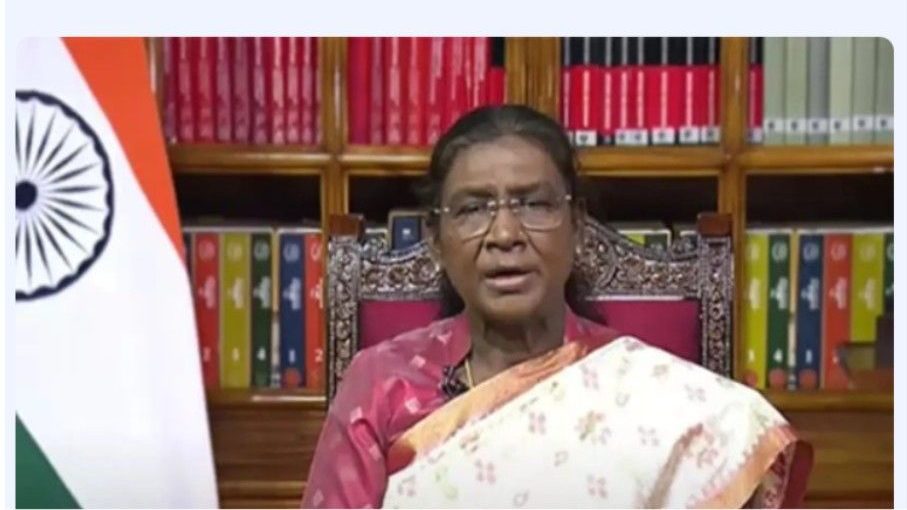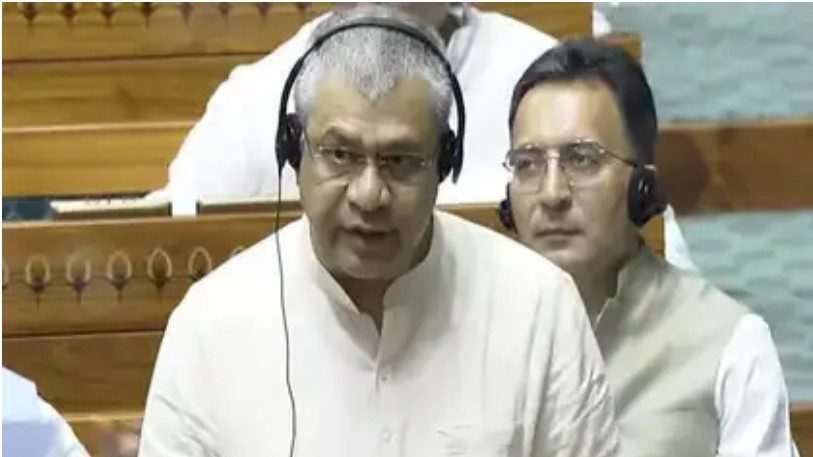President Droupadi Murmu signed the online gaming bill on August 22, 2025. This makes it official law now. The bill stops real-money gaming but supports e-sports. Dream Sports has already stopped its paid gaming because of this.
The company told users they can take out their money. The government still needs to write the detailed rules. This will happen before the law starts working fully.
This article explains what the new law does, which games are banned, what penalties exist, and how it affects major platforms like Dream11.
What Is The Online Gaming Bill 2025?
The law’s real name is ‘Promotion and Regulation of Online Gaming Bill 2025‘. The government wants to help good gaming and stop bad gaming. Good gaming means e-sports tournaments. Bad gaming means winning real money from games.
Here’s what you can and cannot do under this new law:
| Allowed | Prohibited |
|---|---|
| E-sports tournaments | Fantasy sports like Dream11 |
| Free games you play for fun | Real-money poker and rummy |
| Skill games without money | Online betting and lotteries |
| Competitions without cash prizes | Any game where you win money |
The government says this protects people from losing money. They also want India to become better at e-sports.

Many people get addicted to money games. The government thinks this law will fix that problem. E-sports players can still compete and win prizes that are not money.
Which Games Are Banned Under The New Law?
Any game where you can win or lose real money is now banned. This includes Dream11 and other fantasy sports. People used to make teams and win money if their team did well. That’s not allowed anymore.
Dream11, MPL, WinZO, My11Circle, and Zupee must stop their money games now. Zupee announced “we are discontinuing paid games, but our hugely popular free titles like Ludo Supreme, Ludo Turbo, Snakes & Ladders, and Trump Card Mania will continue”.
This shows how companies are changing their business. Previously, different states had varying rules; check which states already banned Dream11 before this national law.
Games like BGMI and Real Cricket are safe. These games don’t let you win money. You might buy things in the game, but you can’t win cash. The law only stops games where your skill or luck can win you real money.
If you play a game just for fun, you can keep playing. If you play a game to win money, you must stop. The line between these two types is very clear in the new law.
Online Gaming Bill 2025 Penalties And Enforcement
The law has serious punishments for people who break it. Company owners can go to jail. They can also pay huge fines. Even people who advertise these games can get in trouble.
| Violation | First Offense | Repeat Offense |
|---|---|---|
| Platform operators | Up to 3 years jail + up to ₹1 crore fine | 3-5 years jail + up to ₹2 crore fine |
| Advertisement/endorsement | Penalties apply to promoters | Enhanced penalties for repeat violations |
| Company directors | Personal liability unless due diligence is proven | Increased personal accountability |
The enforcement structure creates multiple layers of accountability beyond just platform operators. Directors, advertisers, and financial facilitators all face criminal liability under the legislation.
This wide net ensures complete compliance across the entire gaming ecosystem.
Gaming Bill Enforcement Mechanisms
Police can arrest people without a warrant if they break this law. Banks cannot help these gaming companies with money transfers. This makes it very hard for illegal gaming companies to work.
The Ministry of Electronics and Information Technology will watch over everything. They will make sure companies follow the law.
Electronics and IT Minister Ashwini Vaishnaw told Parliament that detailed rules need to be drafted before full enforcement begins. This means there’s still some time before everything starts.
Company bosses are personally responsible unless they can prove they tried to follow the law. This makes company leaders very careful about what their companies do.
Recently, ED booked 29 celebrities for promoting betting apps, showing how seriously authorities treat gaming violations.
What Happens To Dream11 Now?
Dream11 was India’s biggest fantasy sports company. Now they have to change everything about how they work. The CEO told workers there’s no way to keep running paid contests legally.
A. Immediate Platform Response
Dream Sports promised that users can take out all their money safely. The company has initiated user fund withdrawal processes to help people get their money back. MPL, WinZO, and other companies are doing the same thing.
Some companies are trying to make free games instead. Others want to run e-sports tournaments that don’t use money. Each company is finding its own way to survive under the new law.
B. Industry-Wide Impact
About four lakh companies work in gaming in India. Around 2 lakh people have jobs because of gaming. The industry has investments worth ₹25,000 crore. All of this is now at risk because of the new law.
Many other businesses will also get hurt. Ad companies that work with gaming companies will lose money. Payment companies that help with gaming transactions will also suffer. The effects spread to many parts of the economy.
Gaming Bill Implementation Timeline And What’s Next
President Murmu signed the bill, but it’s not working yet. The government needs to make detailed rules first. Then they need to announce when the law will actually start working.

Electronics and IT Minister Ashwini Vaishnaw told Parliament that “online money gaming has become a public health menace” and “several families have faced financial distress due to online money gaming.”
He also mentioned that “an estimated 45 crore people lose around 20 thousand crore rupees every year in the online games.” These statements show why the government wants quick implementation.
Speaker Om Birla called the bill “important legislation saying that the country is witnessing suicides, and financial losses during Parliament discussions. This explains the urgency behind the law’s passage and implementation.
The industry thinks rule-making will take several months. During this time, companies can change how they work. They can make sure they follow the new law when it starts.
The government also wants to help e-sports grow in India. They’re making plans to support good gaming. This might give new opportunities to companies that change from money gaming to e-sports.
Users should understand Dream11’s net worth and business model to see how successful gaming companies can adapt.
Is Online Gaming Legal Or Illegal In India?
Gaming is not completely legal or illegal. It depends on whether money is involved. If you play games for fun, that’s legal. If you play games to win money, that’s illegal now.
E-sports competitions are legal and even encouraged. Social games are fine too. Any game where you don’t win cash can continue. Free mobile games can keep working without any problems.
However, any gaming platform that allows users to win cash prizes, make monetary bets, or participate in paid fantasy leagues now faces a blanket prohibition.
This includes not just traditional gambling but also fantasy sports, paid tournaments, and skill-based games with cash rewards. Unlike the legality of casinos in India, which varies by state, this bill creates uniform nationwide restrictions.
Conclusion: The Online Gaming Bill Officially Ends Real-Money Gaming In India
The gaming bill became law on August 22, 2025, when President Murmu signed it. Companies like Dream11 stopped their money games right away. The government still needs to write detailed rules.
This will take a few more months. The gaming industry must now focus on e-sports and social gaming instead of money games. Everyone should watch what MeitY does next.
The rules they write will decide exactly how this law works. This change affects millions of players and thousands of businesses across India.
FAQs
President Droupadi Murmu signed the Promotion and Regulation of Online Gaming Bill on August 22, 2025, making it official law.
Dream11’s parent company stopped all real-money gaming operations and is helping users withdraw their account balances before shutting down completely.
E-sports and social gaming without money remain completely legal, but any real-money gaming platforms are now prohibited under the legislation.
The government must first draft implementation rules and announce the effective date, which officials haven’t specified yet but expect soon.
Money-gaming platforms like Dream11, WinZO, and My11Circle must cease operations, while entertainment games like BGMI continue operating normally.

